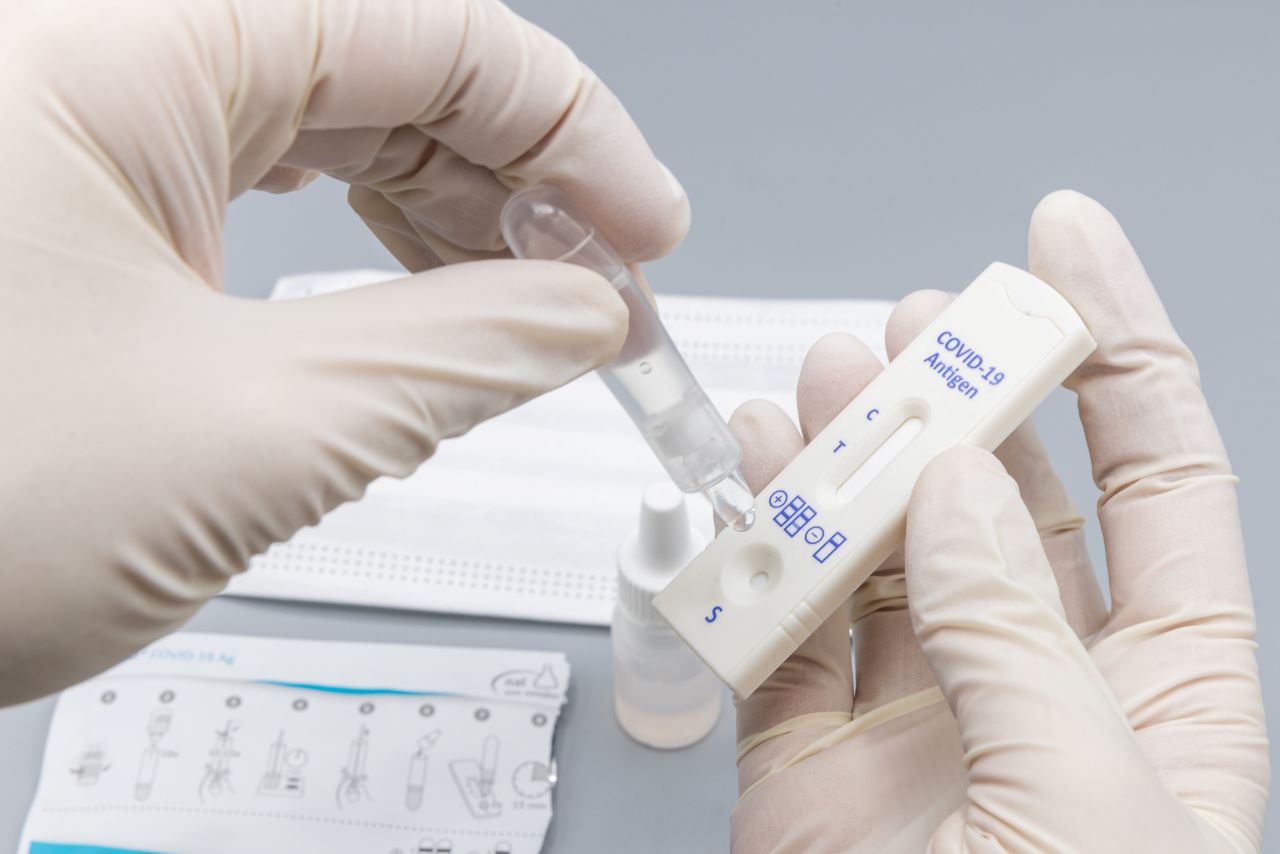
Avacta Group has entered into a collaboration agreement with analytical instrumentation company Bruker to analyse the Affimer-based, bead-assisted mass spectrometry (BAMS) SARS-CoV-2 assay.
The assay has been developed by Avancta in partnership with Adeptrix.

Discover B2B Marketing That Performs
Combine business intelligence and editorial excellence to reach engaged professionals across 36 leading media platforms.
Avacta and Adeptrix have developed a Covid-19 antigen test that merges the sample enrichment using Affimer reagents with the analytical power of mass-spectrometry.
Using a BAMS assay, a single technician can analyse up to 1,000 samples a day.
This is beyond the commonly used PCR machines’ capacity, thereby making BAMS a potentially high-throughput technique for Covid-19 screening to be used in the clinical setting.
On developing a prototype test with Adeptrix, Avacta has been working with its clinical partners in the UK to improve the assay to be incorporated into the typical workflows in a clinical microbiology lab.

US Tariffs are shifting - will you react or anticipate?
Don’t let policy changes catch you off guard. Stay proactive with real-time data and expert analysis.
By GlobalDataThrough the latest partnership with Bruker, the company will analyse the suitability of the test as a professional-use in-vitro diagnostic (IVD) product for Covid-19 to run on Bruker’s MALDI-TOF instruments for sale in the UK and Europe.
Avacta Group CEO Dr Alastair Smith said: “I am delighted to have established this collaboration agreement with Bruker to further develop the potential for the BAMS Co vid-19 test as a clinical IVD.
“We will be working closely with Bruker on the clinical assessment of the BAMS assay on Bruker’s MALDI-TOF instruments.
“Our objective is to work with Bruker and our clinical partners to deliver an effective and high-throughput assay protocol, that can be applied in the clinical setting, with the required sensitivity and specificity and CE/FDA approvals to provide a useful additional diagnostic tool in the fight against the coronavirus.”
Last month, Bruker announced the launch of a CE-marked FluoroType SARS-CoV-2/Flu/RSV winter four-plex PCR panel which can detect SARS-CoV-2 virus of influenza A and B viruses and respiratory syncytial virus (RSV) with high sensitivity.





